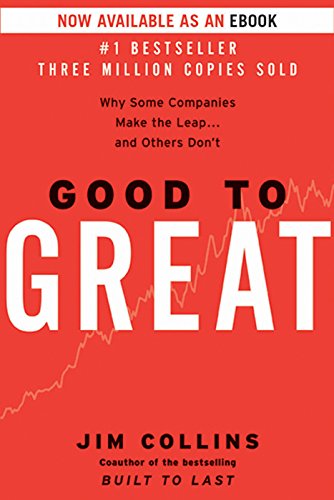Sublime
An inspiration engine for ideas

elevate people who put the mission above their ego—and prioritize team cohesion over personal glory.
Adam Grant • Hidden Potential: The Science of Achieving Greater Things
We borrowed from Jim Collins: “What can you be the best at in the world?”
John Doerr • Measure What Matters: How Google, Bono, and the Gates Foundation Rock the World with OKRs
Effective Corporate Leadership
Jim Collins • BE 2.0 (Beyond Entrepreneurship 2.0): Turning Your Business into an Enduring Great Company
Jim Collins • #361: Jim Collins — A Rare Interview with a Reclusive Polymath - The Tim Ferriss Show
Our research uncovered an underlying duality embodied by companies, organizations, and institutions that have become visionary and sustained their greatness. These companies demonstrate a particularly powerful Genius of the AND: preserve the core AND stimulate progress. Think of a yin-yang symbol used in Taoist philosophy. On one side, you have
... See moreJim Collins • Beyond Entrepreneurship 2.0
That is the true genius of organizations: they can lift groups of people to punch above their weight, to achieve outcomes they could not have achieved on their own.
Frederic Laloux • Reinventing Organizations: A Guide to Creating Organizations Inspired by the Next Stage of Human Consciousness
Blank, . Steven G. The Four Steps to the Epiphany: Successful Strategies for Products That Win. S.G. Blank, 2007.
